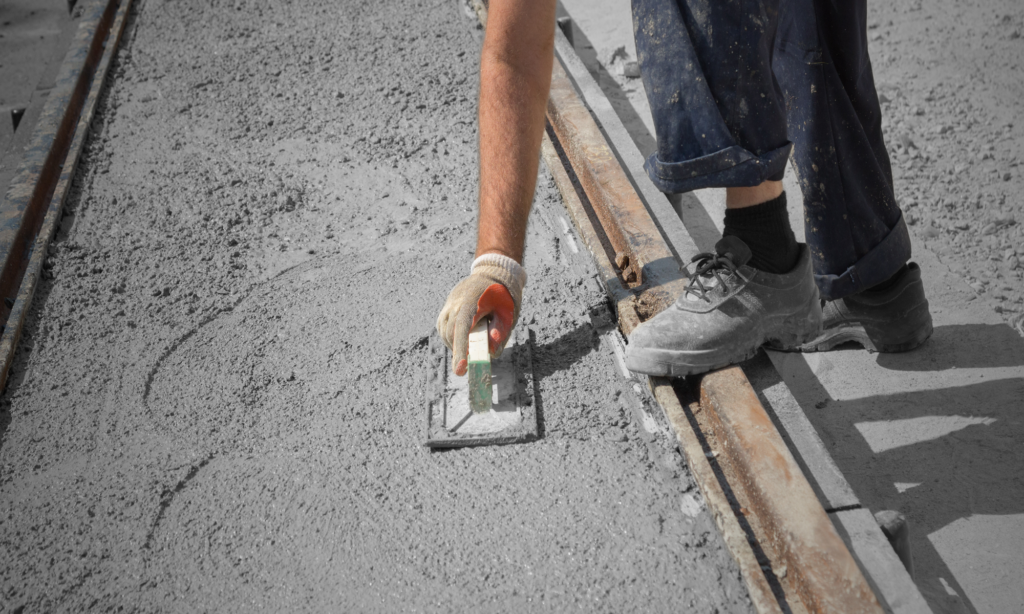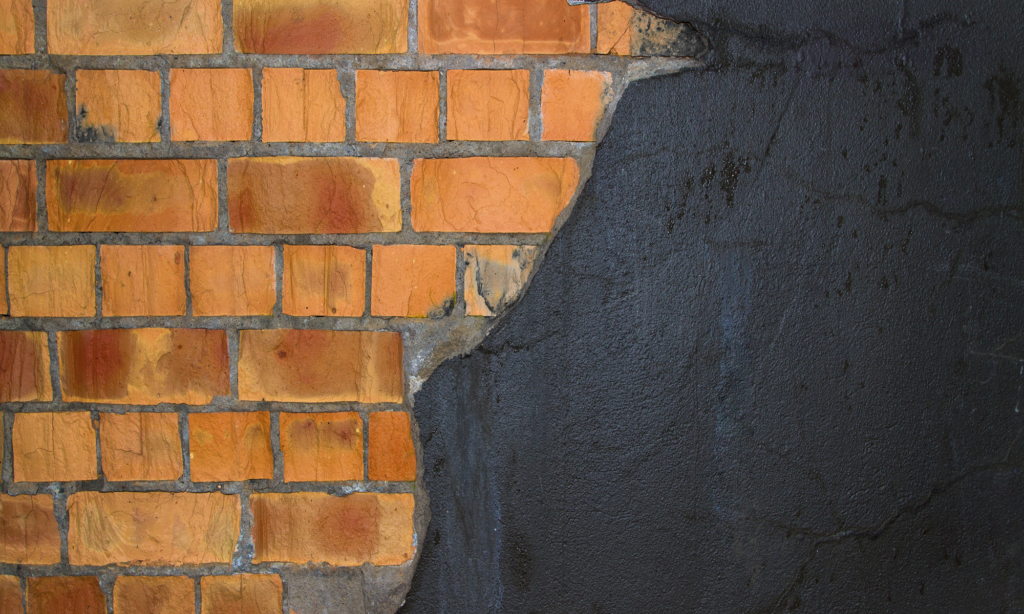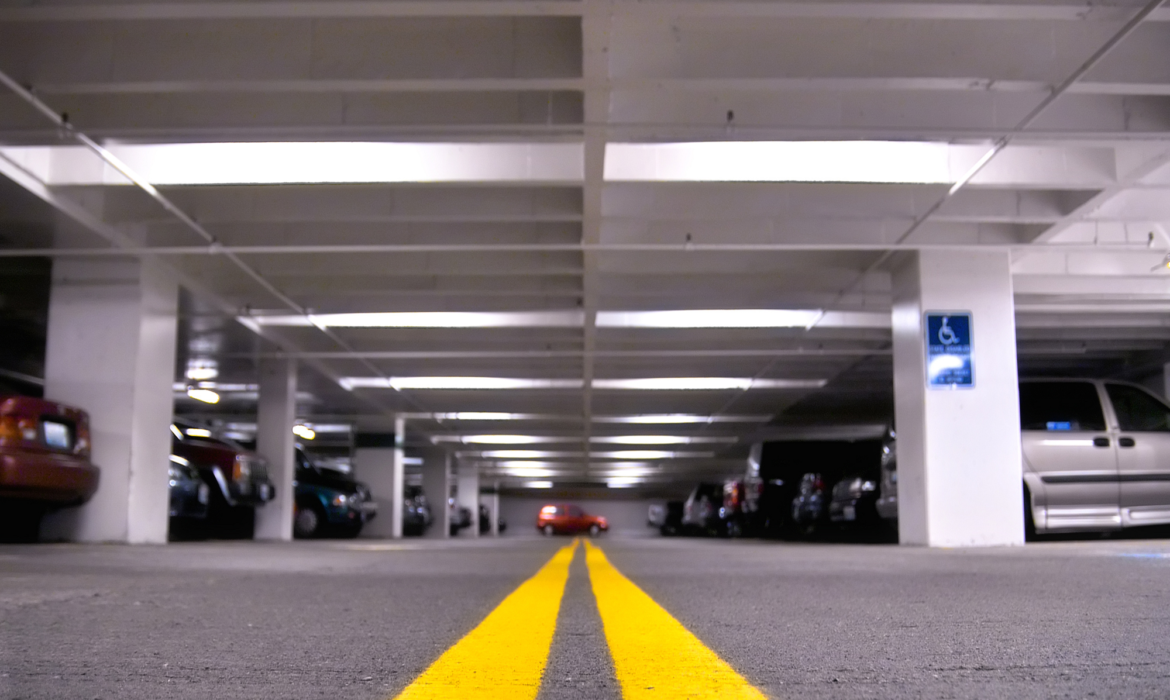Choosing the right material for your parking lot can be a daunting decision. With so many options available, it’s important to consider factors such as durability, cost-effectiveness, and maintenance requirements. Two popular choices for parking lot surfaces are asphalt and concrete. Both have their own set of advantages and disadvantages that need careful consideration before making a decision. We will delve into the pros and cons of asphalt and concrete, helping you make an informed choice for your parking lot needs.
Asphalt vs. Concrete: Which is better?
Asphalt vs. Concrete: Which is better? It’s a question that has sparked much debate among property owners and contractors alike. Both asphalt and concrete offer their own set of advantages and disadvantages, making it difficult to determine which one is the clear winner.
When it comes to durability, asphalt tends to have an upper hand. Its flexible nature allows it to withstand extreme temperatures and heavy traffic without cracking or crumbling. On the other hand, concrete is known for its strength and ability to handle heavy loads over long periods.
In terms of cost-effectiveness, asphalt takes the lead. It typically requires less initial investment compared to concrete, making it a popular choice for large parking lots. Additionally, asphalt can be repaired more easily than concrete if any damage occurs.
Maintenance requirements play a crucial role in decision-making as well. Asphalt generally requires more frequent maintenance with regular seal coating and periodic repairs due to wear and tear from weather conditions and usage. Concrete, on the other hand, usually requires less maintenance but may require occasional sealing or joint repairs.
Choosing between asphalt or concrete boils down to your specific needs and priorities for your parking lot project. Consider factors such as budget constraints, expected traffic volume, and climate conditions in your area before making a decision that aligns with your goals for longevity and aesthetics.
Whether you opt for the flexibility of asphalt or the strength of concrete will depend on various factors unique to your situation. So take some time to evaluate all aspects thoroughly before embarking on this important journey towards creating a high-quality parking lot surface that will serve you well into the future!

The Pros and Cons of Asphalt
When it comes to choosing the right material for your parking lot, asphalt is often a popular choice. But like any option, it has its advantages and disadvantages.
One of the biggest pros of using asphalt for your parking lot is its affordability. Compared to concrete, asphalt tends to be more cost-effective in terms of installation and maintenance. Additionally, asphalt can be laid quickly, reducing the downtime for your parking lot.
Another advantage of asphalt is its flexibility. It can withstand freeze-thaw cycles without cracking as easily as concrete does. This makes it a great option for regions with harsh winter climates.
On the flip side, one drawback of using asphalt is that it requires regular maintenance to keep it in good condition. Over time, cracks and potholes may develop due to heavy traffic or weather conditions. However, timely repairs can help prolong the lifespan of your asphalt pavement.
Additionally, another con of using asphalt is that it tends to absorb heat from sunlight rather than reflecting it like concrete does. This can result in higher surface temperatures during hot summer months.
The Pros and Cons of Concrete
Concrete is a popular choice for parking lots due to its durability and longevity. However, like any material, it has its pros and cons.
One of the main advantages of concrete is its strength. It can withstand heavy loads without cracking or sinking, making it ideal for high-traffic areas. Additionally, concrete has a longer lifespan compared to asphalt, which means less frequent repairs and maintenance.
Another benefit of concrete is that it offers better visibility at night. Its light-colored surface reflects more light than asphalt, increasing visibility and safety in parking lots.
On the other hand, one downside of concrete is that it tends to be more expensive upfront compared to asphalt. The cost of materials and labor required for installation can be higher. Additionally, repairs on concrete surfaces can also be costly.
Another disadvantage is that concrete takes longer to cure before vehicles can drive on it. This means longer construction timelines compared to asphalt.
Furthermore, concrete may not fare as well in regions with extreme temperatures or freeze-thaw cycles. In cold climates, the expansion and contraction caused by freezing water can lead to cracks in the surface over time.
How to Choose the Right Material for Your Parking Lot
When it comes to choosing the right material for your parking lot, there are several factors that you need to consider. First and foremost, think about the climate in your area. Asphalt is known to be more flexible and resistant to cracking in colder climates, while concrete tends to do better in warmer temperatures.
Next, think about the type of traffic your parking lot will be subjected to. If you expect heavy loads or frequent truck traffic, asphalt may be a better option as it can handle these stresses better than concrete.
Another important factor to consider is maintenance. Asphalt requires regular sealing and patching over time, whereas concrete generally requires less maintenance but may develop cracks or spalling over time.
Cost is also an important consideration. In general, asphalt tends to be a more cost-effective option upfront compared to concrete. However, keep in mind that maintenance costs should also be factored into the overall cost analysis.
Aesthetics may play a role in your decision-making process. Concrete offers a clean and polished look while asphalt has a darker appearance that some find appealing.

Conclusion
In the battle between asphalt and concrete for your parking lot, there is no clear winner. Both materials have their advantages and disadvantages, making it essential to consider various factors before making a decision.
If durability and long-term maintenance are your primary concerns, then asphalt may be the right choice for you. Its flexibility allows it to withstand harsh weather conditions and heavy traffic without cracking or crumbling easily. Additionally, its lower initial cost makes it an attractive option for those on a tight budget.
On the other hand, if aesthetics and longevity are what you value most in a parking lot material, concrete might be the better option. Although more expensive up front, concrete offers a cleaner and more visually appealing look that can enhance the overall appearance of your property. Plus, its higher strength means fewer repairs over time.
When choosing between asphalt and concrete for your parking lot project, don’t forget to consider factors such as climate conditions, expected usage levels, maintenance requirements, budget constraints, and even local regulations.
Consulting with professionals in the field will provide valuable insights into which material aligns best with your specific needs. They can assess site conditions accurately while taking into account variables like soil stability or drainage issues that could affect long-term performance.
Remember that selecting the right material for your parking lot is crucial since it plays a significant role in both functionality and curb appeal. Don’t rush this decision; take time to evaluate all aspects carefully before moving forward with construction.
Whether you choose asphalt or concrete ultimately depends on what matters most to you: versatility or visual impact. Whichever route you take – make sure it’s well-paved!

